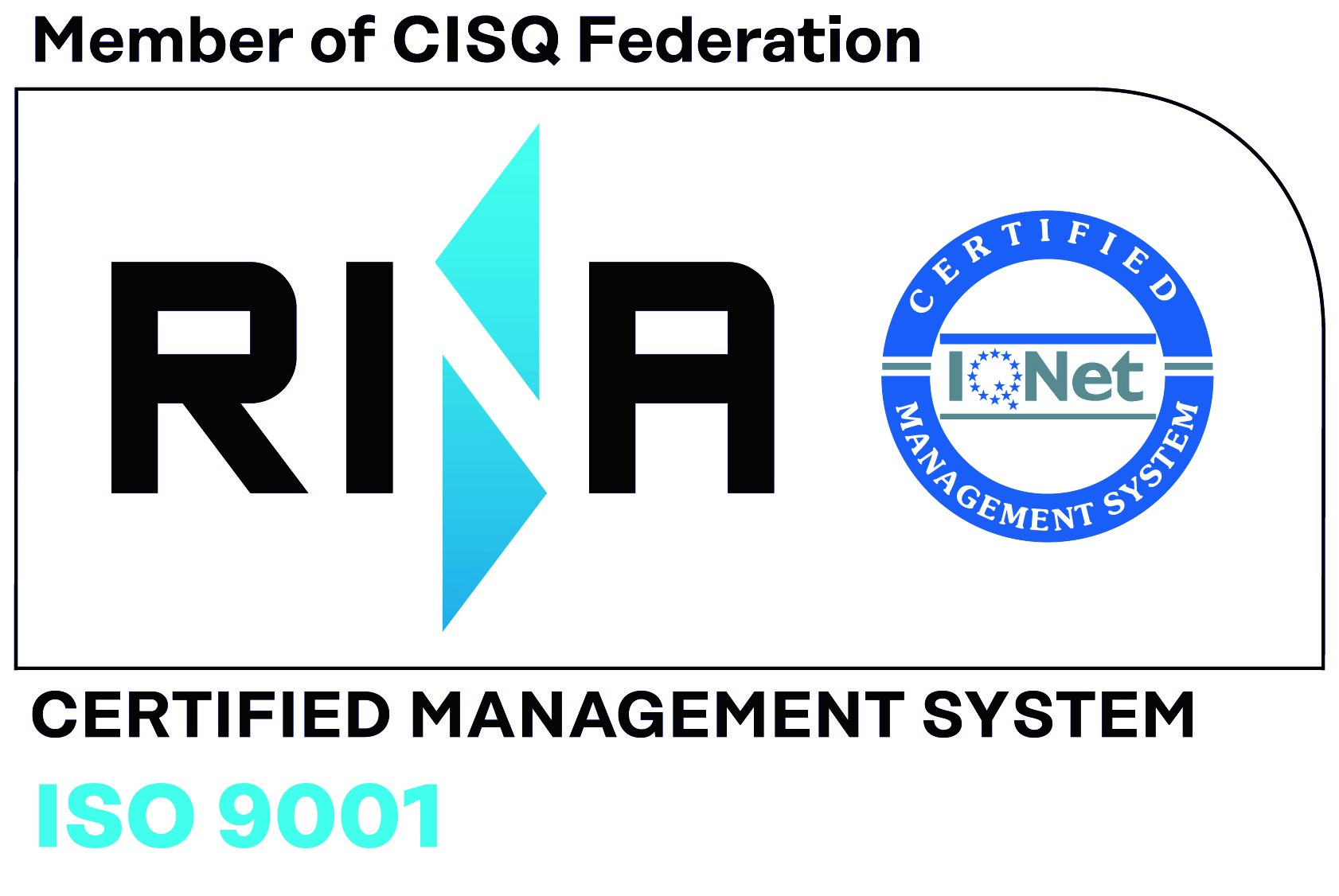Mathematical Engineering
The aim of this Master’s Degree is to form a new group of professionals at the frontier between Engineering and Mathematics, able to apply advanced tools from applied mathematics to solve real-world challenges.
This highly flexible degree program will allow students to combine fundamental topics with a wide range of options from across engineering and mathematics. By the end of the course, students will be exposed to pioneering research, taking courses at the edge of science, technology, and the applications of mathematics to real-world engineering problems.
Some courses of the first semester of the first year are provided partially in a mixed mode through MOOCs available on the Federica Web Learning platform.
This is an ideal course program for scientists, technicians and mathematicians interested in learning Advanced Applied Mathematics and its applications to Engineering, and to become experts in Mathematical Engineering.
If you are interested in enrolling in the Master’s Degree, learn more here. Otherwise, you can start following the first-year MOOCs right away for free, choosing from the first semester courses.

N. Courses
4 courses

Duration
6 months

Target
scientists and mathematicians interested in learning Advanced Applied Mathematics and its applications to Engineering

Linguage
English

Livel
Intermidiate

Partner


Certificato
Federica Web Learning – University of Napoli Federico II
The MOOCs of the first semester of the first year
Dive into Advanced Applied Mathematics in Engineering





What you will learn
- Apply advanced math tools to real-world challenges.
- Blend key topics from engineering and mathematics.
- Engage with pioneering research in science & tech.
- Develop and apply mathematical methods in solving problems of Engineering
SIGN UP FOR MASTER’S DEGREE
“MATHEMATICAL ENGINEERING”
The MOOCs available on federica.eu are accessible to anyone. To earn the degree, however, it is necessary to enroll in the university.
Admission to the programme and prerequisites
Students entering the Master’s program in Mathematical Engineering are generally expected to have a Bachelor’s Degree in Mathematics or Engineering or Physics or closely related discipline.
Applicants must submit English language proficiency by B2 level.
International students having Italian university qualification may be admitted to graduate degree courses under the same conditions as Italian students.
For more detailed information about this procedure, please contact the Student Administration Office or visit http://www.mathematical-engineering.unina.it
JOB OPPORTUNITIES
Engineering Mathematics graduates are superbly employable. They have many technical and transferable skills that enable them to play a leading and creative role as mathematicians and engineering professionals in industry, academic research, and elsewhere. Industry now requires an increasing number of graduates who can apply mathematics in practical situations.
Engineering Mathematics graduates are called on:
- to use their logical skills to formulate a problem;
- their modelling skills to translate the problem into mathematical terms;
- their technical skills to write a computer program;
- their mathematical understanding to question and interpret the results;
- their knowledge of engineering to implement the solution.
Partner

L’Università di Firenze è uno dei più grandi atenei italiani articolato in 10 Scuole e 21 Dipartimenti. L’offerta didattica copre tutte le aree disciplinari e tutti i livelli di formazione (lauree triennali, lauree magistrali a ciclo unico, lauree magistrali, corsi di dottorato, scuole di specializzazione, master).









